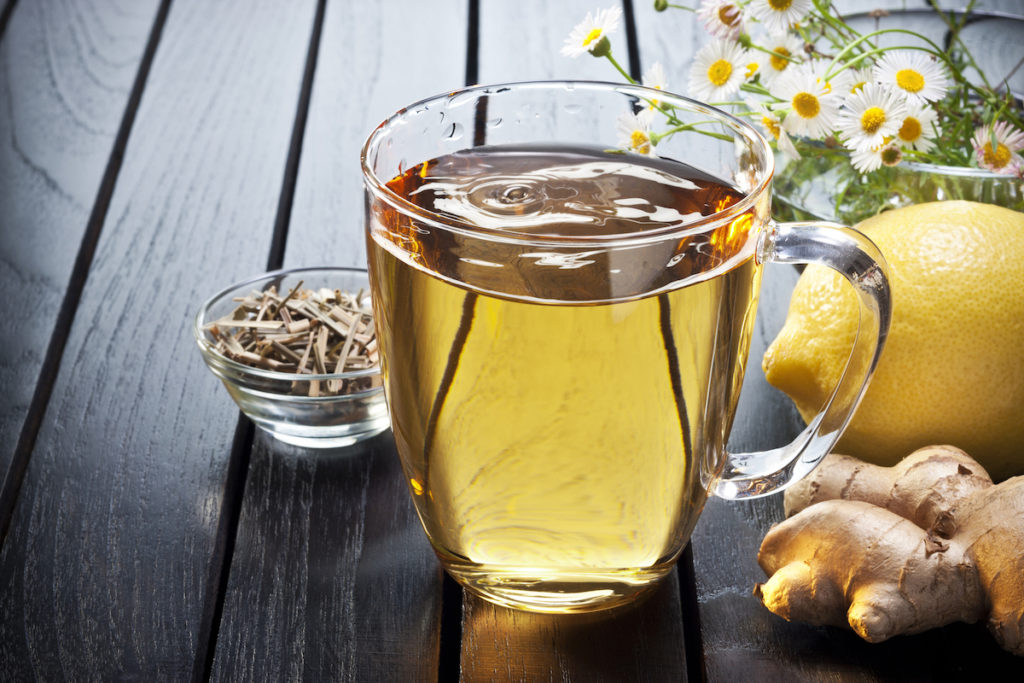
Cleanses are now more popular than ever before. Celebrities have jumped on all kinds of cleansing bandwagons influencing the masses, and entire companies have been set up based on a cleansing method. Cleansing is a profitable industry often targeting the insecurities of people, touting systems for quick weight loss and exploiting allied body image issues with numerous fads. Every year, 45 million Americans go on a diet with 50% on a fad or crash diet that promises quick weight loss. Yet, 73.6% of Americans are obese or overweight according to the CDC, more than ever before.
Some cleanses are marketing scams, some have advantages in the short-run, and some cleansing trends could potentially cause damage if used improperly. In this article, we explore some of the most popular cleanses today and address their pros and cons from an Ayurvedic perspective.
First of all: what are cleanse programs?
Many cleanses known as “detoxification” regimens are positioned towards removing toxins from the body, improving health and aiding weight loss. Cleansing programs may be offered at health centers or by alternative providers, while some are heavily advertised in association with products used during the cleanse.
The headlines scream, “16 lbs in 13 days without a bit of exercise.” This kind of advertising message is very enticing, and many people fall for it. We all have a deep desire to reinvent ourselves and get a fresh start. However, there is a potentially huge difference between these stark claims and the scant evidence to support them. NCCIH reports that the FDA (US Food and Drug Administration) and the FTC (Federal Trade Commission) have taken action against many companies selling detox cleansing products because they contained illegal, potentially harmful ingredients, or were marketed with false claims about serious diseases (like cancer or diabetes). Also, some medical devices used for colon cleansing were marketed for uses that have not been approved.
While some cleansing strategies have advantages if utilized correctly, what are their pros and cons and what are these programs?
Cleanses could be a single regimen following one of these techniques, or combination of them.
The overall pros of cleanses - why they work
- We tend to eliminate high calorie, low nutrient food during cleanses. This is probably why they yield results initially and we feel better in the beginning.
- Many of us follow a diet that is traditionally heavy in lots of white flour, white sugar, alcohol, packaged and processed foods, and eliminating those helps.
- On a cleanse people are mindful about exercising, yoga and meditation and generally cleaning up their lifestyle, which is great.
- When done in groups this can be inspiring. Our Fall Rejuvenation and Spring Cleanse are each conducted once per year, following ancient Ayurvedic methods of seasonal detoxification.
Potential side effects and contraindications for cleansing
- Cleanses are often not individualized, unless done under the guidance of a trained nutritionist. Cleansing can be harmful to the system if not done properly, which can be avoided with professional and personalized supervision. Our Fall Rejuvenation and Spring Cleanse include one-on-one consultations for individualized protocols by one of our trained Vaidyas (BAMS).
- Many fad cleanses are not researched and do not include clinical time-tested interventions.
- Strong Agni or digestive fire is essential for the system to be capable of detoxification, and weak Agni is usually the root cause of toxins in the first place. Even the healthiest food cannot be digested well if the Agni is impaired. Undigested food turns into Ama, or toxins. Most cleanses do not correct the digestive fire of the individual, which is a vital first step of Ayurvedic cleansing.
- Any cleanse is inherently Vata aggravating: it increases the light, dry, rough, mobile and cold qualities. Unless we pay attention to rejuvenation and post-cleanse protocols, this can cause an imbalance in Vata, aggravating Vata conditions like joint disorders, skin dryness, hair fall, constipation and anxiety or exacerbating any existing Vata based disorder.
- Cleanses can reduce immunity. That is why an Ayurvedic cleansing program makes rejuvenation the most important phase, with the objective of increasing the individual’s immunity and strength.
- Cleanses can lead to vitamin, mineral, and nutritional deficiencies which can impact health, especially if they severely restrict calories or certain types of food. Weight loss in these cases would only be temporary.
- Large quantities of water or herbal tea without any food could lead to dangerous electrolyte imbalances.
- Some detox juices are not pasteurized leaving harmful bacteria that could cause illness in some individuals, especially children, the elderly and those with a weak immune system.
- Juices or restrictive diets made from high oxalate foods (like spinach and beets) increases the risk for kidney issues like kidney stones.
- In cases of health conditions like diabetes or hypertension, it is best to follow a diet plan advised by a healthcare provider. Cleansing is very risky for the elderly, immune compromised, children, teens and pregnant women. That is why Ayurvedic detoxification is individualized, taking into account all pre-existing health conditions and has strict eligibility protocols.
- Cleanses can be harmful for people with eating disorders as they can be addictive and triggering. Laxative abuse is common among this group, even though the National Eating Disorders Association notes that the belief that laxatives are useful in weight control is a myth. Laxative abuse can cause heart, colon damage and dehydration.
- Colon cleansing could also have side effects in people with severe hemorrhoids, colon surgery, gastrointestinal, kidney or heart disease. Laxatives can be habit forming and if given in cleansing without proper supervision and monitoring can lead to dehydration and electrolyte imbalances. Colonic irrigation, which many cleansing diets incorporate, also carries the risk of bowel infection or perforation leading to death.
- Other general imbalances from cleansing include irritability, fatigue, abdominal cramping, nausea and diarrhea (especially related to use of laxatives).
- Extreme cleansing carries risks like organ failure, end stage renal disease, heart attack and death.
- Fad cleanses do not address lifestyle and transitioning in and out of cleansing. As a result, there could be a Yo-Yo effect: you could lose water, muscle mass and experience a reduction in your metabolic rate as your body attempts to save energy; but when you return to eating normally, you could regain the water, may have less energy and add back the calories you lost
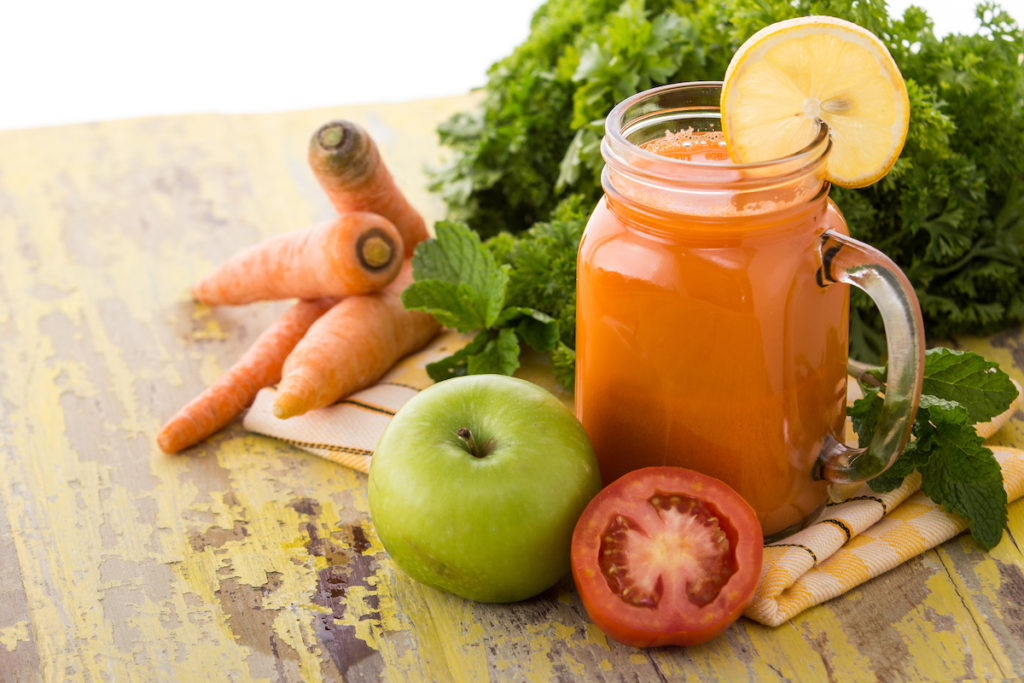
Ayurveda's take on popular cleanses
Juicing and Smoothie Cleanses
Juicing entails having just extracted juices of certain fruits and vegetables during the duration of the diet which can last from 3 to 21 days. Smoothies are blended combinations of fruits, or fruits and veggies, including the whole fibrous plant. Fruits and veggies are good for you, undoubtedly, though juicing for an extended period has all the risks that general cleanses do.
What does Ayurveda say:
Ayurveda emphasizes individualization and balance for all approaches. For example: a sweet pomegranate juice is considered highly therapeutic in Ayurveda especially for Pitta Dosha ailments; or a mono juice diet for a day may be recommended by your Ayurvedic practitioner when appropriate for your constitution and imbalances. Juicing would not be advised for Vata Dosha, for instance, as it can increase the light, dry, cold qualities, but it is more likely to be recommended for Kapha Dosha in the summer for a short-term fast.
Ayurveda also generally recommends not combining fruits and veggies, it may overwhelm the digestive fire, and for vegetables to be cooked. If the digestive fire is good, raw vegetables may be OK for a shorter duration for Pitta Dosha, Kapha Dosha and during the summer.
Master Cleanse or Lemonade Juice Cleanse
This involves a concoction of lemon juice, maple syrup, water and sometimes cayenne pepper consumed for ten days. Pop star, Beyonce Knowles, lost 20 pounds in 10 days to slim down for her role in Dreamgirls (and the sales of maple syrup went up!) But she regained it soon after and warned dieters against the regimen.
What does Ayurveda say:
Again, does it suit the individual and should it be done long term? Lemon juice in the morning (often with honey) is commonly advised in Ayurvedic Dinacharya. In conditions of very high Pitta Dosha, like hyperacidity, if not tolerated well, even lime juice is contraindicated. Also, cleansing of this sort could be highly depleting for Vata/Vata-Pitta and aggravating in Pitta conditions.
Water Cleanse
Most water fasts last 1-3 days. But a strict, long- term water cleanse ( this article claims a 30- day water cleanse is good for you) is a risk for heart failure because of mineral deprivation and cardiac muscle loss.
What does Ayurveda say:
For a Kapha-dominant individual or someone with Ama (like in some health conditions like Jwara or fevers), a warm water cleanse (as Langhana) may be recommended for sometime. However, this type of cleansing would normally not be recommended for Vata, for whom it would be depleting and for Pitta individuals since it can be aggravating. It would be individualized and short-term cleansing that one would need to transition in or out of.
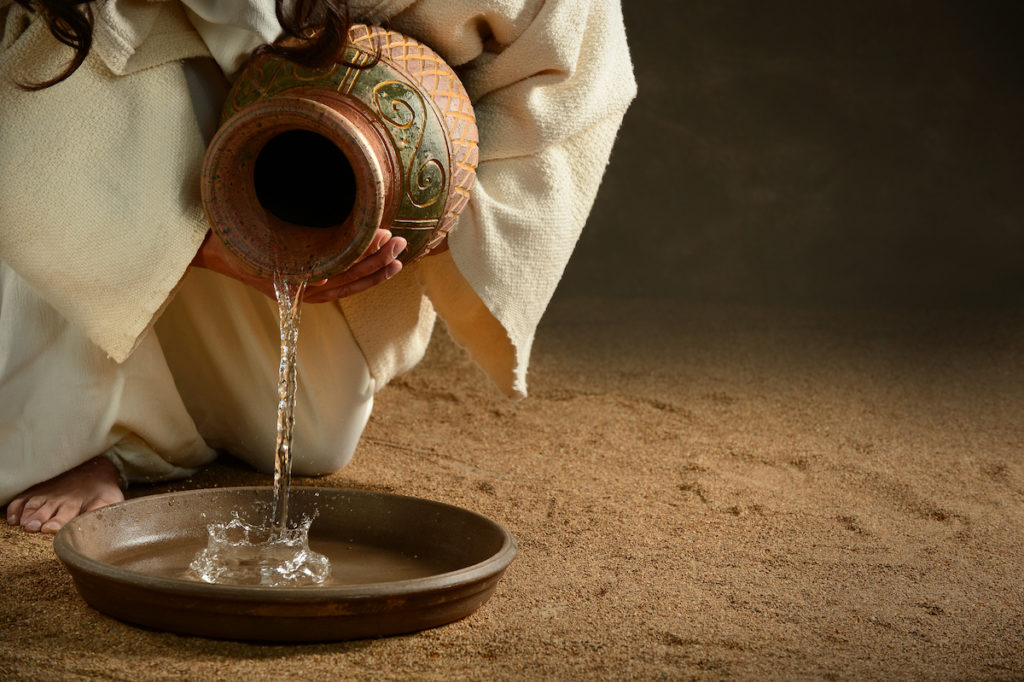
Liver Cleanse
Your liver is a primary filtration system, and some of the myths of liver cleansing are medically explored here. A liver cleanse focuses on adding protective foods that support the body’s natural defenses. These include green tea, apple cider vinegar, a quality, plant-based diet, greens, anti-inflammatory herbs like turmeric, parsley, garlic and ginger. How much should be eaten and how consistently depends on the recommendations of a healthcare provider or nutritionist.
What does Ayurveda say?
Our Ayurvedic constitution and imbalances determine what we should eat for restoring the Agni, optimal health and any Ayurvedic consultation includes such data.
Colon Cleanse
The colon or the lower intestinal tract is cleansed with laxatives, enemas or colon hydrotherapy (colon irrigation or colonics).
What does Ayurveda say?
Consider someone with chronic constipation. Ayurveda does not manage a disease, it manages the individual. It does a full assessment of Ama, status of Agni, Doshas, tissues (Dhatus) and channels (Srotas) impacted and management is done accordingly. Some people habitually use Psyllium husk, chia seeds or even Ayurvedic formulations like Triphala to address constipation, but in the long run how does that work? Without addressing the root cause, the condition will continue. The true goal of Ayurveda is to preserve the health of the individual and, in cases of imbalance, address the root cause of illness. If the root cause is left unchecked, the progression could go from constipation as Vata aggravation, to lower back pain, to hemorrhoids, and in some cases neuropathy.
A colon cleanse is sometimes likened to a therapeutic enema or a cleansing therapy often employed in Ayurveda known as Vasti. However, Vasti is much more than an enema. It is considered Ardha Chikitsa – “half of all (cleansing) therapies put together,” according to the root text Charaka Samhita. It is equivalent to or as potent as half of all therapies because it balances Vata on which Pitta and Kapha are dependent and also balances all Srotas. It is a very powerful intervention done with specific formulations, dosages, and sequences, for certain ailments. It is designed and administered very carefully and never suggested long-term or self-administered.
Raw Veggie Cleanse
What does science say? A cornerstone of this theory is that heat destroys enzymes in food, but it doesn’t. It is also based on food turning toxic when it is cooked, when in fact it actually becomes easier to digest.
What does Ayurveda say?
A raw diet can be a short-term dietary change. Salads are fine for certain constitutions, during certain seasons and if the digestive fire is strong, but in the long run the reason cooked food is recommended is that it is digested easier.
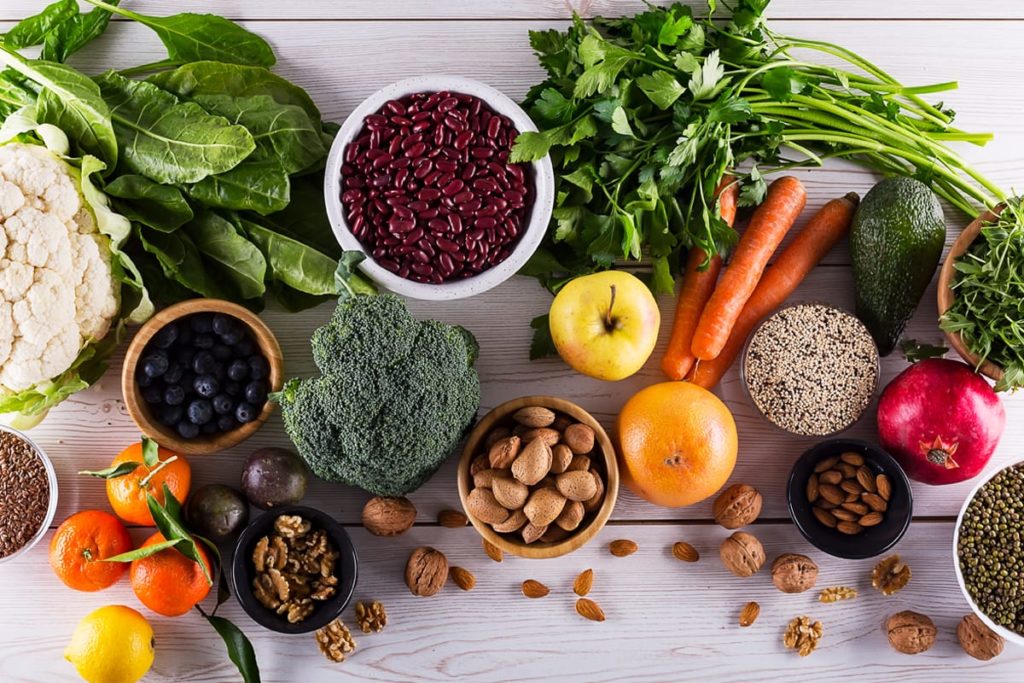
Diets vs cleanses
Diets may not strictly be positioned as cleanses, while cleansing almost invariably involves alteration in one’s diet. Diets could involve altering one’s nutritional inputs based on health conditions like diabetes or allergies and lifestyle choices like being vegan, but very often, the objective is to lose weight. These include:
- Traditional cultural diets like the rural Japanese diet, Mediterranean, West African and Blue Zone diets which are intrinsically very healthy. They are ethnic with local, traditional recipes, fresh food, small portion sizes and the ritual of eating together. Lifestyles are also often outdoors and healthy. Most of these diets favor seasonal, local, fresh food with plenty of fruits, vegetables, beans, wholegrain cereals, lean meats and healthy fats and a higher intake of tea, water or fermented drinks. Ayurveda would highly recommend these, particularly for those living in the place of origin (the concept of Satmya or eating what you are traditionally used to also comes into play here).
- Specialized diets like keto, paleo, and the anti-inflammatory diet are advised and monitored by medical professionals for conditions like diabetes and even epilepsy. Also, for a number of lifestyle based disorders like Type 2 diabetes, cleanses are evolved by mainstream and alternative medical professionals and some have made a living of them like the ‘Diabetes Cleanse Diet.’ People have to be mindful about how long they stay on the diet, keep their primary care physician involved and monitor their health.
- Fads – There are many risky fad diets to watch out for. The Sleeping Beauty diet recommends you sleep a lot during the period you are dieting so you don’t eat. There are diets that recommend eating cotton balls to fill your stomach, which encourage disordered eating, and could lead to intestinal obstruction, toxicity and death. There are other fads that are not proven to help. Consider the blood group diet. A study showed that “type A” participants utilizing this diet experienced improved health markers, but that occured in everyone, not just those with type A blood. In 2013, a major review concluded that there is no evidence to support benefits of blood type diets. One may lose weight because diets can be very restrictive, but these don’t take into account chronic conditions.
- Restricted diet cleanses that focus on certain types of foods. Again, questions to ask are, is this for a short duration? Is it individualized? Is there any risk of nutrient deprivation? Does it take into account any pre-existing health condition? Is it supervised and monitored?
- Elimination diets: Often administered in integrative medicine, they are meant to assess food intolerances. Elimination diets cut out gluten or dairy or other foods from your diet for a period to see whether it improves symptoms of intolerance and then you add them back one at a time for a certain period to assess how they suit you. They are not meant to be an assessment for celiac or food allergies.
What does Ayurveda say:
An Ayurvedic preventive diet is based on an individual’s Ayurvedic constitution and for disease management, and specific imbalances.
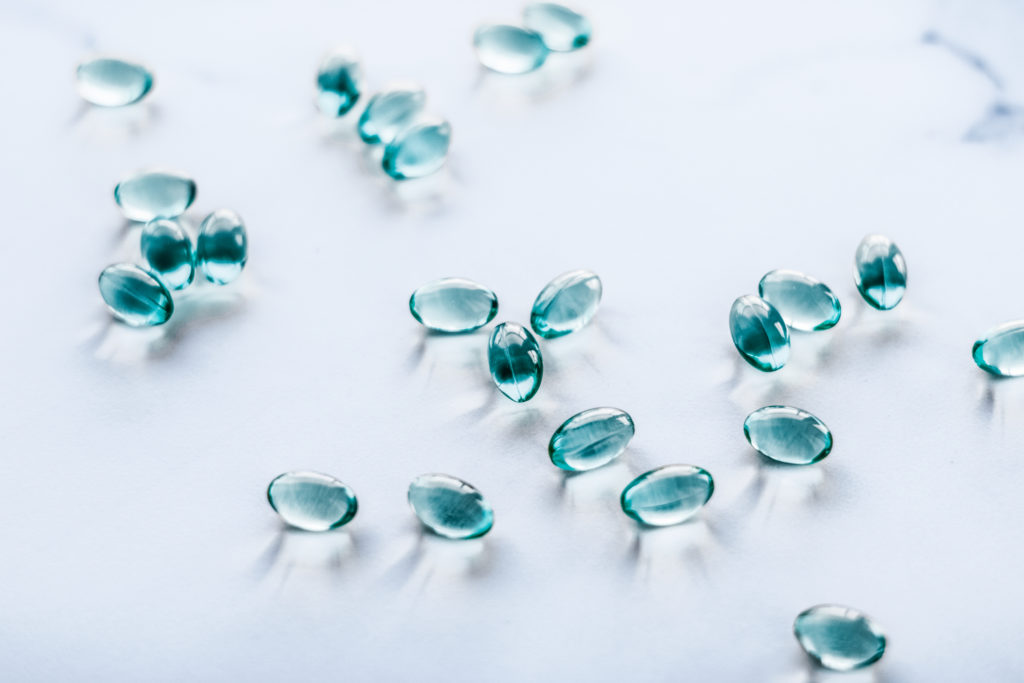
Fasting
Some fasting programs claim detoxification benefits, and intermittent and periodic fasting have definite health benefits. Many detox diets begin with fasting. Short-term and regular periodic fasts are part of many cultures and promote autophagy, the body’s way of cleaning out damaged cells to make way for newer, healthier ones. Be mindful of headaches, fainting, weakness and dehydration that could come from fasting. Long term fasting can lead to depletion in nutrients, lowered blood pressure and be dangerous leading to reduced immunity, onset of contagious diseases and even organ and heart failure.
What does Ayurveda say?
Fasting has always been a therapeutic intervention in Ayurveda called Langhana which is part of disease management in many conditions of Ama (toxins) like fevers. Some people with Vata or Vata-Pitta constitution who get depleted easily have a modified fast which would typically involve easy to digest food like soups or khichadi. Again, individualization, nature and duration are key and what Ayurveda would take into account.
Diet pills and detoxification supplements
Many dietary supplements (including Ayurvedic formulations) could be suggested for detoxing.
What does Ayurveda say?
Ayurvedic formulations generally should not be taken as dietary supplements without consulting a Practitioner. The exceptions are herbs like ginger and turmeric, in balance, or some formulations suggested in certain nations, like India, for prophylaxis during emergency circumstances like a pandemic.
Saunas and sweat therapy
Saunas (sweat lodges) culturally have been used by Native Americans and even by certain spas. One has to be careful about dehydration.
What does Ayurveda say?
Ayurveda uses many types of sudation or Swedana therapies as part of Panchakarma and Shodhana under individualized management and carefully supervised conditions.
Other detoxes
There are many other approaches, for instance,
- Oxygen Detox – Air containing concentrated oxygen is delivered through a mask or nasal tube, not just for people with chronic lung conditions like emphysema, but marketed to boost immunity and improve energy and cognition. Harvard Health reports that there is little danger from this, while the FDA cautions against flavored oxygen which can irritate the respiratory system.
- Reducing environmental exposure – This is a benign approach which can be done by using green products in the house, organic and local food and being mindful about sustainability and reducing one’s carbon footprint. It starts by taking inventory regarding the synthetic chemicals we use in our daily, and systematically eliminating them. However, the status of pollutants currently makes it very difficult to avoid exposure to a significant extent.
- Bentonite clay is used topically as a natural solution in many cultures for some health conditions and for detoxification. Studies suggest it is effective, but needs to be done under the guidance of a trained practitioner.
- Chelation therapy, a kind of chemical detoxification, is recommended by the CDC for serious cases of metal toxicity.
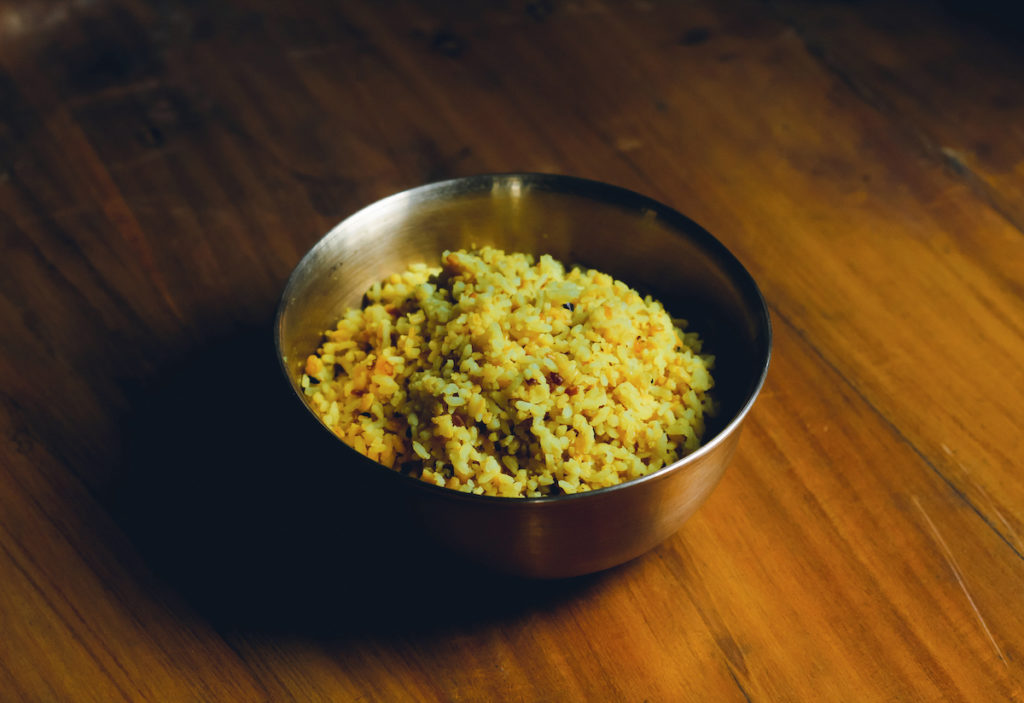
How does an Ayurvedic Cleanse differ from other cleanses?
Ayurvedic cleansing is a powerful, holistic, therapeutic intervention for both prevention and disease management which factors in pre-existing conditions and imbalances, and has strict eligibility criteria. The protocol is designed for you with individualized therapies, oils and formulations. It has a myriad of benefits for physical and mental health. Herbs, dietary and lifestyle suggestions can only go so far in impacting health; according to the root Ayurvedic text Charaka Samhita, cleansing prevents recurrence of diseases. It incorporates lifestyle modifications and has stages; a pre-cleanse, the actual cleanse and important post-cleanse rejuvenation. You are supervised throughout the process by an Ayurvedic professional to ensure your cleanse is safe and successful. At the end, you’ll review your goals and transition slowly back with a clear road map for robust health.
Summary
With so many options for cleansing and detoxification, it’s not uncommon for an individual to try several methods during their lifetime with no results, or worse – with side effects. Cleansing and detoxification are not the issue; the approach is flawed in these cases. Ayurveda does not involve one single cleansing protocol or diet because there is none, and recognizing the need for your own personalization when it comes to cleansing, and wellness in general, is the first step towards better health! If you would like to experience a personalized cleanse to support your long term health goals, check out our next Spring Cleanse or Fall Rejuvenation program.
Frequently asked questions
1. Does Ayurveda recommend cleansing?
Yes – Ayurveda encourages seasonal cleansing for health prevention, as well as additional cleansing as required and recommended by a Vaidya for managing imbalances. That said, there are contraindications for cleansing, such as age, pregnancy or certain medical conditions. Ayurvedic cleansing involves personalized procedures that are best conducted under professional supervision.
2. What does an Ayurvedic cleanse include?
An Ayurvedic cleanse includes a consultation to personalize your protocol, dietary and lifestyle suggestions and herbal formulations for each stage of the cleanse (before, during the actual cleanse and in the Rasayana or rejuvenation phase post-cleansing). There are some therapies that could be advised like Abhyanga (self-massage using therapeutic oil) or Udvartana (application of herbal paste), swedana (steaming) or Virechana (therapeutic purgation). This is followed by a post-cleanse consultation to set long term health guidelines.
3. What are the signs I need to detox?
Are you feeling generally fatigued, have allergies, bloating, irregular bowel movements or fluctuations in appetite? How about weight gain that won’t go away, imbalances in skin or hair or sleep disturbances? Are you feeling anxious, depressed or irritable, with a general lack of clarity? Does your mental and emotional state feel ‘off’?
4. Are Kerala Ayurveda products safe for cleansing?
Kerala Ayurveda is a pioneer in high quality herbal manufacturing; our R&D and Quality Control team ensures the highest standards of safety, purity and efficacy. We offer only Ayurvedic products that meet the requirements of California state’s Proposition 65, requiring the utmost clarity of products from harmful chemicals and toxins.
About the author
-

Anuradha “Anu” Gupta is a NAMACB Certified Ayurvedic Practitioner, Engineer, MBA, Meditator, Writer, 200hr Yoga Teacher and Ayurvedic Doctor. She serves as Guest Faculty Member, Content Specialist and AP Mentor at at Kerala Ayurveda Academy & Wellness Center. She also runs her own Ayurvedic practice, Ayurvedic Footprints.
View all posts
Anu has an extensive corporate background. She worked for...

